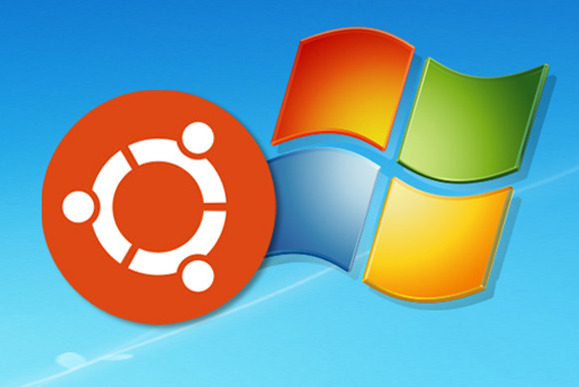In this article we will give you some of the difference between windows 8 and linux operating system. Here’s the complete detail.
When we start discussing the difference between Linux and Windows 8 Operating Systems, it is not to prove that one is better than the other. However, it is a mere effort to prove that one is fundamentally different from the other. Here are some of the basic differences between the two.
No Access vs. Full Access
Arguably the most relevant difference between Linux and Windows 8 is having the source code access. Linux operates with Public License (GNU) which ensures its users to have access as well as alter the source code. It is not possible with Windows 8 if you do not belong to an elite group of selected members.
Licensing Restrictions vs. Licensing Freedom
Another difference between these two operating systems is the licensing. We can freely modify the software with Linux as it works with Public  License (GNU) but things are quite different with Windows 8. We are limited to how many licenses we buy from Microsoft. Purchasing five licensing from Microsoft ensures using the license in five machines only.
License (GNU) but things are quite different with Windows 8. We are limited to how many licenses we buy from Microsoft. Purchasing five licensing from Microsoft ensures using the license in five machines only.
Peer Support Online vs. Help-Desk (Paid)
This is where most of the companies go against Linux. There is a huge support of online communities for Linux. In addition, there are online searches, forums as well as lots of websites dedicated to Linux problems and solutions. On the other hand, Microsoft delivers company support for every tiny bit of problem you may face. You can buy the support straight from the company. Additionally, there is enough online peer support for Microsoft as well.
Partial vs. Full Hardware Support
Hardware support is something that is gradually getting non-existent. There was a time when you could hand-pick every hardware piece for Linux. Otherwise, the machine would not have worked. Things are quite different when it comes to Windows. It is understood that each hardware piece is going to work well the OS.
No command Line vs. Command Line
It does not matter how wonderful the desktop experience has become for Linux, the most invaluable tool will probably be Command Line. This is probably the most valuable administrative tool. Even though Microsoft too allows the use of Command Line, it does not provide so much flexibility. Nor is it so much useful like that of Linux.
Non-centralized Installation vs. Centralized Installation
Linux provides a centralized location which can be used to add, remove and/or search for software whereas Windows does not have anything like this. You must know the exact location of the installation of the specific software on Windows in order to install the same.
Rigidity vs. Flexibility
The amount of flexibility Linux provides with its operating system is amazing. It is like a room of which you can adjust the walls, the floor and the roof. You can make the room higher or lower according to your convenience whereas you cannot do the same with Windows. Windows has its share of flexibility but it is no way near Linux.

